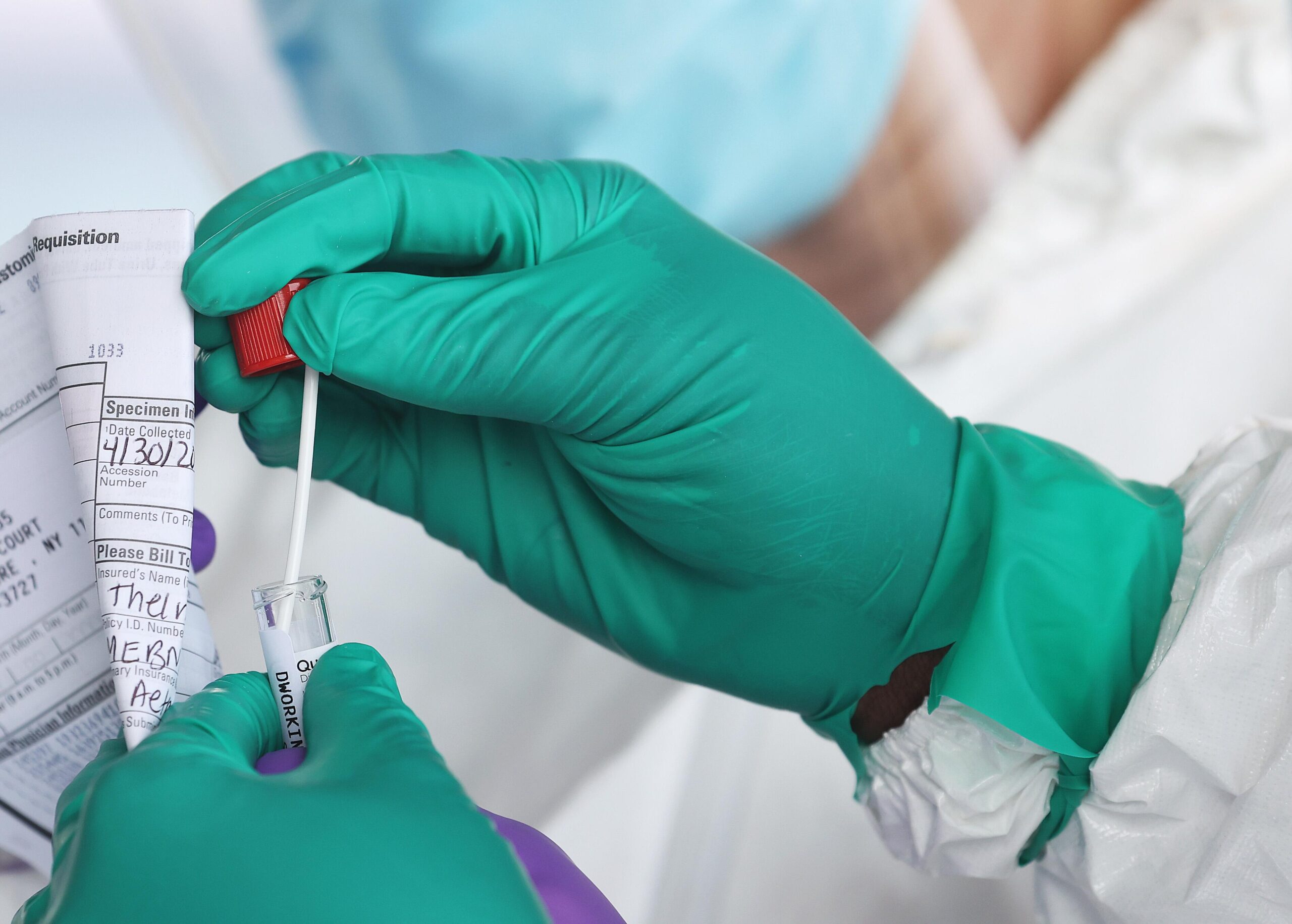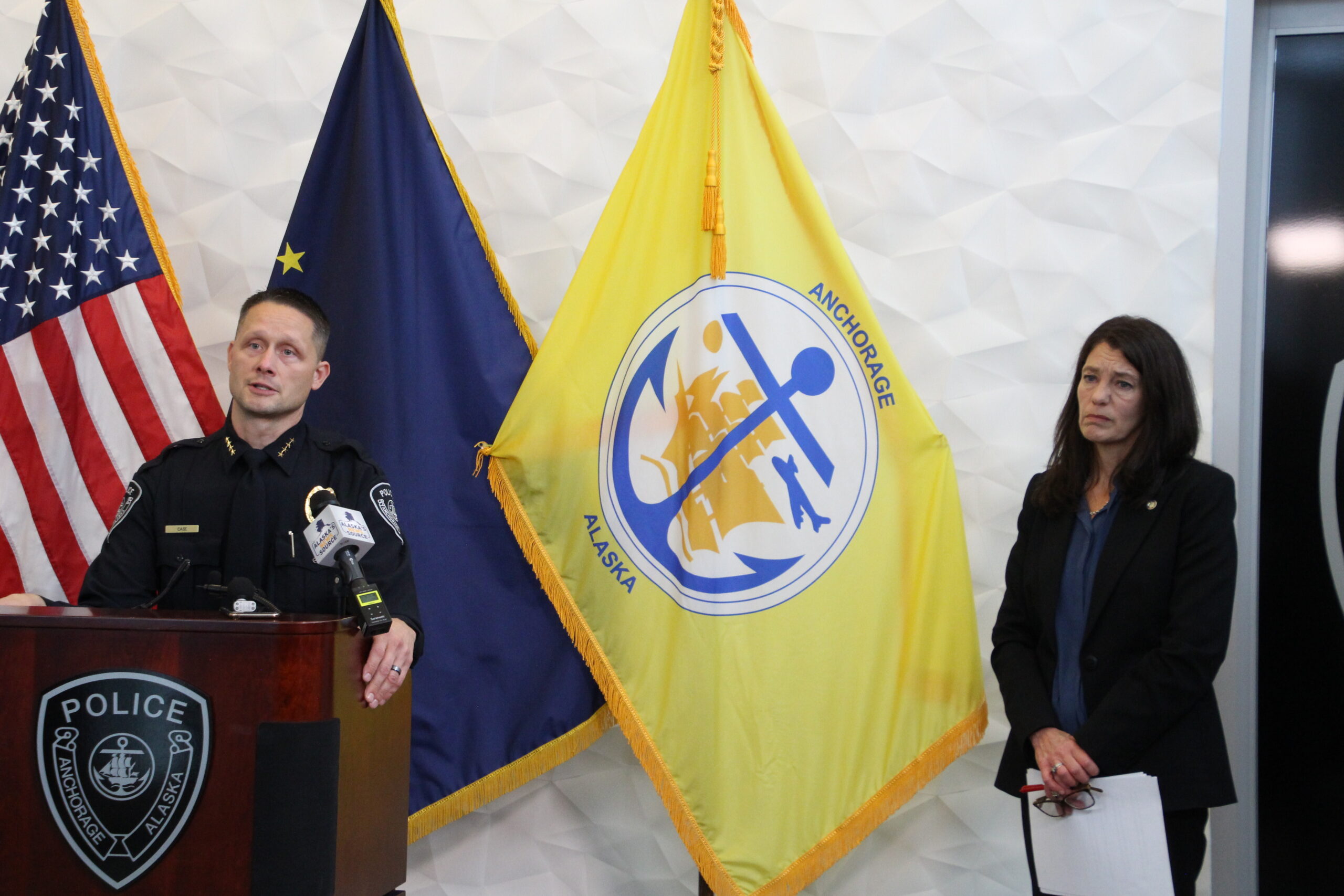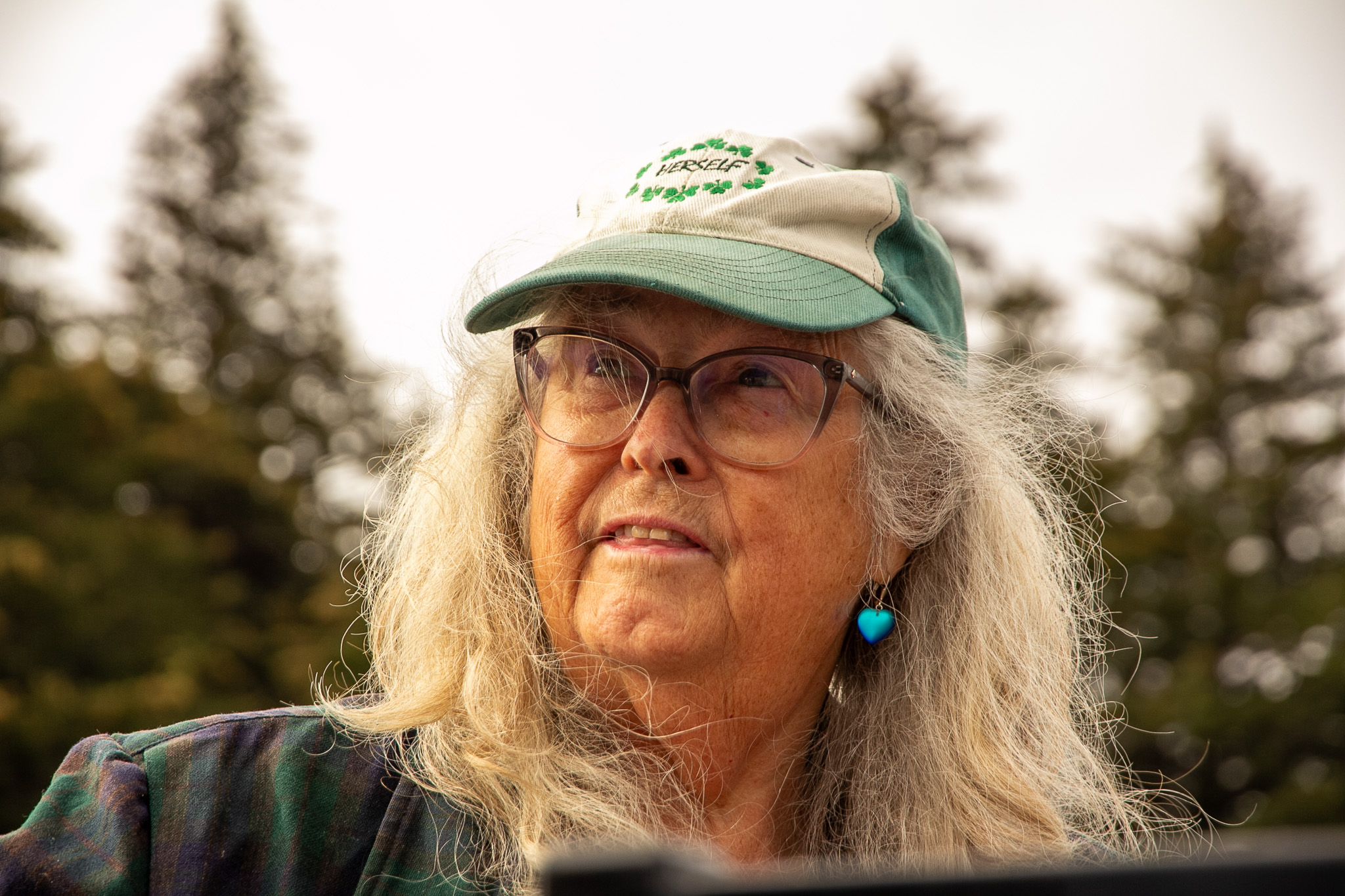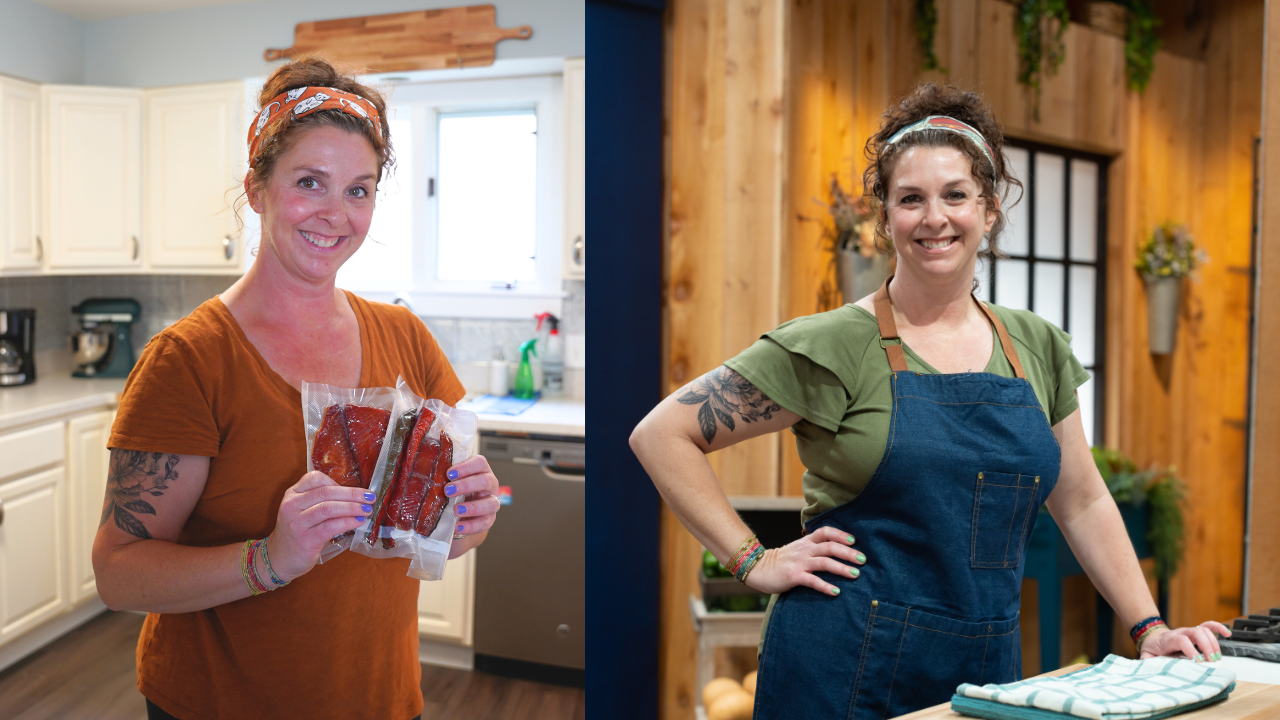ARTICLE AD BOX
 A Health Care Worker seals a coronavirus swab aft testing astatine nan Pro Health Urgent Care coronavirus testing tract connected April 30, 2020 successful Wantagh, New York.
(Al Bello/Getty Images North America)
A Health Care Worker seals a coronavirus swab aft testing astatine nan Pro Health Urgent Care coronavirus testing tract connected April 30, 2020 successful Wantagh, New York.
(Al Bello/Getty Images North America)If it seems for illustration a batch of group are getting COVID correct now, you’re not imagining it.
We’re successful nan mediate of a worldwide summertime COVID-19 wave.
A precocious aliases very precocious level of COVID-19 microorganism is being detected successful wastewater successful almost each state, according to data from nan Centers for Disease Control and Prevention. At slightest 10 different states person a precocious magnitude of COVID successful nan wastewater.
“We’re now relying connected wastewater data, because group aren’t testing. We can’t person different reliable measures,” said Dr. Ashish Jha, dean of nan School of Public Health astatine Brown University and erstwhile White House COVID-19 consequence coordinator successful an question and reply pinch NPR’s Morning Edition. He said that based connected nan wastewater data, “this is turning retired to beryllium perchance nan biggest summertime activity we’ve had.”
This summer’s surge, explained
Jha said we’ve settled into what feels for illustration a much acquainted shape pinch COVID. Recently, nan CDC branded COVID arsenic being endemic, meaning that COVID is present to enactment successful predictable ways.
There are 2 waves a year: 1 during summertime and different during winter. The summertime activity tends to beryllium a small smaller, while nan wintertime activity is bigger. But dissimilar nan flu, which has a activity successful nan wintertime and almost nary cases after, COVID infections tin emergence successful betwixt waves.
“It’s looking for illustration this is astir apt not a seasonal virus, truthful it will apt beryllium twelvemonth round,” said Dr. Otto Yang, subordinate main of infectious diseases and UCLA and professor of medicine successful an question and reply pinch Morning Edition.
Jha adds that nan summertime activity this twelvemonth is still smaller than immoderate of nan wintertime ones, but arsenic acold arsenic summertime waves go, this has been a important one. It started a small earlier than nan 1 past summer, and infections are still rising. Jha is hopeful that nan surge will highest and easiness soon, but he doesn’t cognize precisely erstwhile that will happen.
New ascendant variants causing spread
COVID is continuing to germinate very rapidly, and each 3 aliases 4 months we get a caller COVID variant. This summer, nan ascendant strains of COVID are KP.3.1.1, accounting for 27.8% of U.S cases and KP.3, accounting for 20.1%, according to data from nan CDC and nan Infectious Diseases Society of America. Jha said that these variants evolved from Omicron.
“It doesn’t look for illustration these variants are much deadly. But they are almost surely much contagious,” said Yang. “So if you person thing that’s arsenic deadly but much contagious, you will spot much terrible illnesses and deaths.”
The domiciled a caller vaccine retired successful September could play
A caller vaccine is presently being developed to target these caller ascendant variants. It is expected to travel retired successful September.
“They’re amended matched to their variants. The antibodies should activity better. And truthful they would hopefully trim nan number of group that are getting symptomatic COVID and hopefully pinch that trim nan circulation,” said Yang. Like nan existent vaccines, nan expects nan caller vaccine to activity good to forestall terrible unwellness and death.
Jha echoed that nan caller vaccines will beryllium very protective against nan existent variants. He said nan vaccines disposable correct now are targeted to nan variants that were ascendant past year, and those are agelong gone. The COVID vaccines are “not going to supply a batch of protection against infection, if immoderate astatine all. But they would still supply immoderate protection against superior illness,” he said.
If you haven’t gotten your vaccine this year, Jha recommends waiting until nan caller vaccine comes retired successful a fewer weeks for nan champion protection.
He acknowledges that asking group to make important changes to their lives 4 and a half years into nan microorganism is simply a gangly order. For astir people, he said, getting vaccinated is bully enough. And if you are precocious consequence and do get infected, treatments for illustration Paxlovid are a awesome option, he added.
So really often should you get a COVID booster?
Jha said that nan proposal for astir group is to get 1 changeable a year, He said there’s grounds that for nan highest consequence people, for illustration aged group successful their precocious 70s aliases 80s aliases group who are immunocompromised, a 2nd changeable successful nan outpouring tin connection an important level of protection. And for astir Americans, they should attraction connected getting 1 changeable a year.
“What I urge to group is they get it astir nan clip they get their flu shot, which is usually successful precocious September aliases October,” said Jha.
Yang, though, thinks it is simply a bully thought for anyone to get a booster if they haven’t had a COVID vaccine successful six months.
Even though Jha said this whitethorn beryllium nan worst summertime COVID spike we’ve had, he said location is immoderate bully news.
“If you look astatine deaths from COVID truthful acold successful 2024, it’s down beautiful substantially from 2023. So yes, we’re getting these surges… but they’re not turning into hospitalizations and deaths astatine nan aforesaid benignant of numbers we’ve seen successful past years,” Jha said. “That’s progress. That’s bully news. That is immunity being built up complete time. And truthful each infection conscionable doesn’t mean arsenic overmuch arsenic it did 4 years ago, aliases moreover arsenic overmuch arsenic it did 2 years ago.”
This article was edited by Obed Manuel.









 English (US) ·
English (US) ·  Indonesian (ID) ·
Indonesian (ID) ·